In response to the Covid-19 pandemic, a growing number of groups have gained in prominence, looking to rise to the structural, social and economic challenges laid bare by the crisis. Policy ideas that were once deemed to be utopian or marginal – from universal basic income (UBI) and cash payments to emergency relief for small businesses to radical criminal justice reform – are increasingly being embraced with urgency and pragmatism.
How can we channel this spirit of creativity and urgency into recovery plans, systemic solutions and long-term strategic policymaking? Part of the answer is collective action, and this means unleashing the potential of networks to make real-world practical change. Over the past few months, members of the RSA Fellowship have shared and developed a range of ideas, innovations and examples of cooperation. Collaboration with other networks has only further demonstrated the power of working together.

Towards a new economic system
Fellows in Scotland have been working with the Wellbeing Economy Alliance, a global effort between organisations, alliances and individuals who seek to shift typical economic narratives and create a wellbeing economy. It sees collaboration as key to bringing about real change and has helped bring countries, including Scotland and New Zealand, into a discussion on new economic models.
Meanwhile, RSA US has been developing innovative opportunities for influencing change through place-based coalitions examining issues such as green jobs, energy transition, anti-racism, and citizen voice and deliberation as the bedrock of regional inclusive growth policies. At a time when crisis can create a climate ripe for authoritarian policymaking, we have been pushing for more dialogue and for democratic and deliberative means of establishing economic recovery.
In that spirit, an exciting partnership has been developing over the past few years between the cities of Glasgow and Pittsburgh, led by Fellows in each instance. Both places have experienced huge losses due to industrial decline – conditions which have been further accentuated by Covid-19 – and share a desire to create more sustainable, resilient structures and systems for the future, which can allow residents to thrive, not just survive. Pittsburgh’s Mayor Bill Peduto has recently signed the city up to the Mayors for a Guaranteed Income network in the US, while Glasgow is one of the cities in Scotland pioneering research into UBI, led by the city government with input from the RSA. The time is ripe for both cities to share their learning and activity on this topic (which has long been a key RSA area of interest and expertise).
In addition, Glasgow and Pittsburgh have been exploring economist Kate Raworth’s work and the model of sustainable, progressive cities she outlines in her book Doughnut Economics. This cooperation was prompted by an article by Jamie and will bring together a collaborative partnership of city officials, civic society and RSA Fellows. The launch of Raworth’s Doughnut Economics Action Lab in September looks set to create a vibrant community of thinkers and activists across the world who are keen to create change.
Strengthening connections
By capturing and creating innovative and sustainable approaches to change, this work complements the ‘city-to-city’ work that RSA US has been doing to strengthen connections for place-based international learning. A coalition of Fellows from Anchorage, Alaska is learning from plans under way in Helsinki, Finland around energy transition and green recovery. And in New Jersey, RSA US is working with the Office of Innovation to ensure that, in the wake of the Covid-19 crisis, long-term solutions to economic insecurity are being embedded. This is taking place via the development of a Future of Work Accelerator, which will invest in the creation of innovative tools to advance economic security; protect workers’ rights, health and safety; and expand access to benefits. For instance, it may support building a platform for low-wage migrant workers to leave abusive work, or support the scaling up of a company that bundles portable benefits for independent workers. In addition to grassroots innovations, the Accelerator is also looking to attract innovative ideas from public entrepreneurs to help local and regional public servants develop policy ideas that advance a new social contract for good work.
RSA Oceania has been exploring possibilities for the post-pandemic future through a recent six-part online event series, From Crisis to Sustainability, in collaboration with the Fellow-led RSA Sustainability Network. Aimed at convening a global dialogue between Fellows, the series explored how we can shape a more resilient, socially just and sustainable future. Building back better with more inclusive and sustainable economic models and giving space to diverse perspectives – in particular, traditional knowledge systems and indigenous wisdom – have been consistent threads through the series. Another recurring theme has been the need to adopt a long-term approach to decision-making, not only in terms of implementing effective strategies for the prevention of future social and environmental problems, but also to ensure policies take into account the wellbeing of future generations.
This is just a small sample of RSA activity taking place across the world, with further events in development with Fellows and partners in countries globally. The UK Global team, and our teams in Oceania, the US and Scotland, are always keen to discuss ideas for collaboration and impact, particularly at a time when virtual international participation in events has become the norm. No one city or country will be able to solve the global challenges of Covid-19, the climate emergency or a changing economic environment; the global Fellowship of the RSA can be a powerful force for positive change.
Visit www.thersa.org/united-states to find out more, or contact Jamie Cooke.
This article first appeared in the RSA Journal
Related articles
-
Young at heart
Journal
Jonathan Prosser
Becoming a nation with children at its centre in 10 courageous steps.
-
Open RSA knowledge standards
Blog
Alessandra Tombazzi Tom Kenyon
After investigating ‘knowledge commons’, we're introducing our open RSA standards and what they mean for our practice, products and processes.
-
Worlds apart
Comment
Frank Gaffikin
We are at an inflexion point as a species with an increasing need for collaborative responses to the global crises we face.
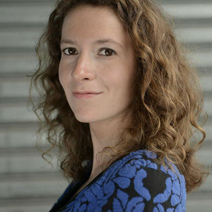
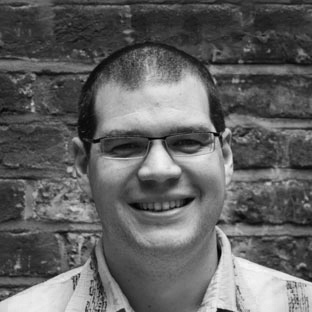
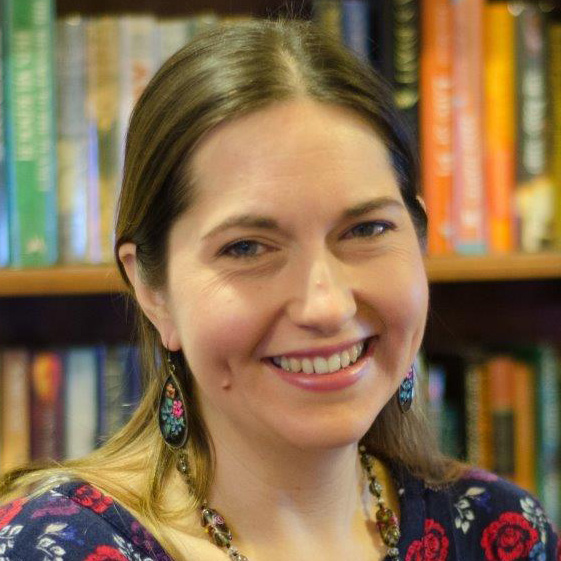
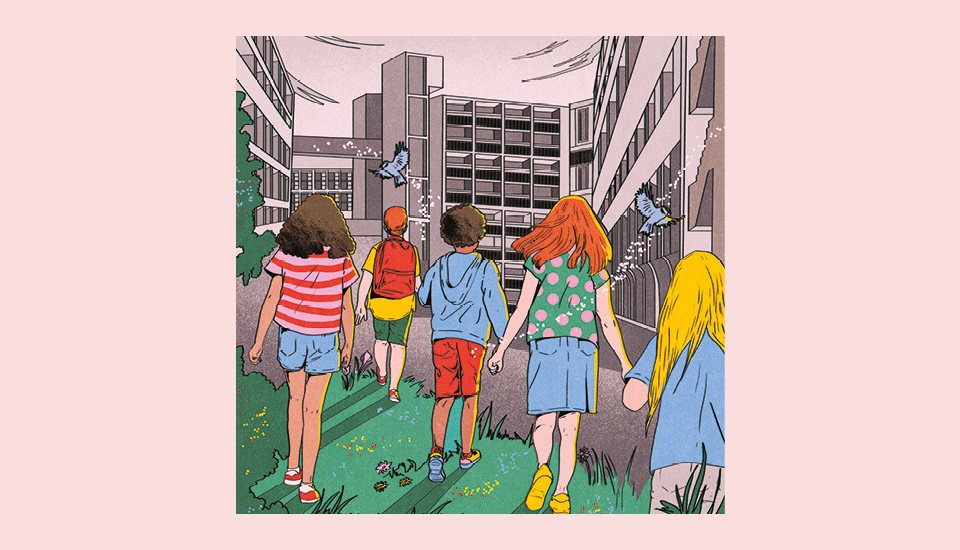

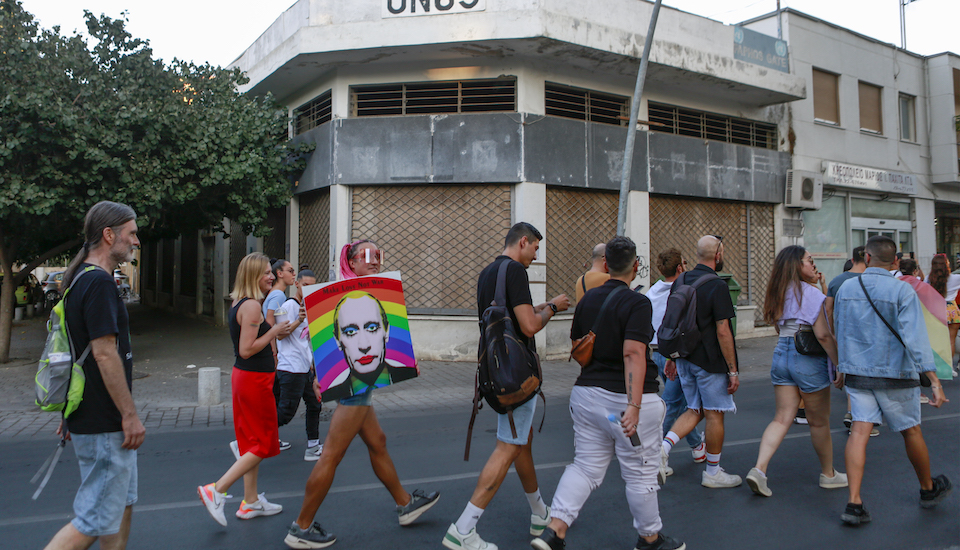
Be the first to write a comment
Comments
Please login to post a comment or reply
Don't have an account? Click here to register.